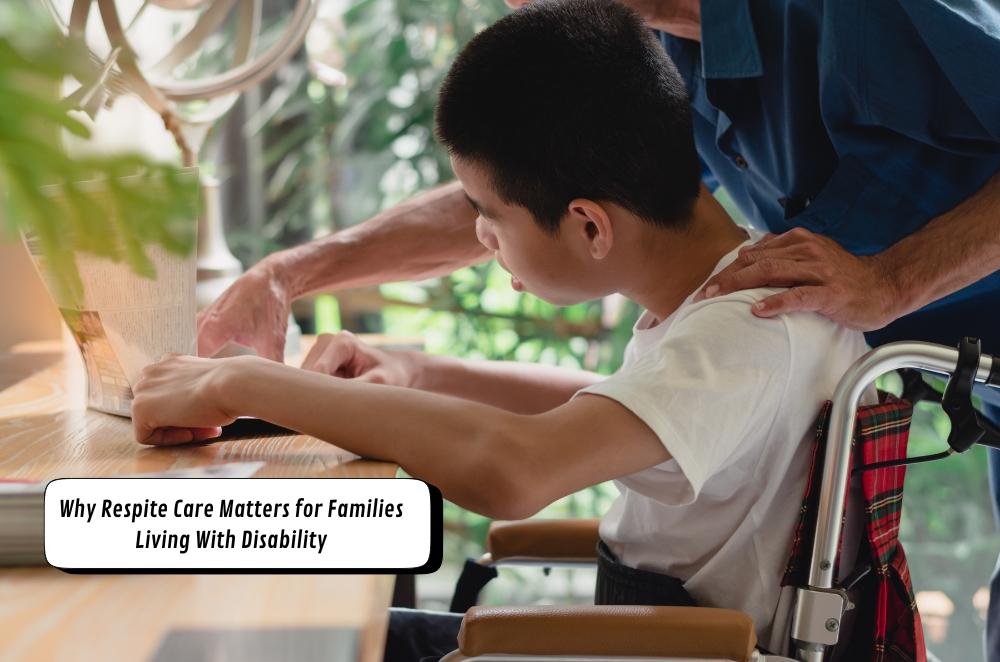Why Respite Care Matters for Families Living With Disability

Caring for someone with a disability can feel like living two lives at once. You juggle routines, medical stuff, endless planning, and that constant sense of being on duty. Even the strongest carer runs out of steam eventually. And that is why respite care for disability support matters. It is not just cover so someone else can step in for a bit. It is real care, given in a way that lets families breathe, knowing their loved one is safe. Good respite does more than fill a gap. It gives people strength to keep going tomorrow.
How does respite care ease pressure?
Respite care eases pressure by giving carers proper time off without guilt or second guessing. It stops burnout before it takes hold.
Both sides gain from that break. The person cared for gets attention, new faces, maybe a different routine. The carer gets space to recharge and come back with patience that is harder to find when tired. Having short-term disability respite options in place means relief can be planned, not left until everything feels too much.
• Provides short breaks for carers
• Reduces emotional and physical strain
• Creates safe, structured support for individuals
What are the main types of respite care?
The main types of respite care are in-home visits, community programs and short or emergency stays. Each one works differently, but they share the same goal of supporting both the carer and the person receiving care.
Some families use daytime visits so they can run errands or rest. Others rely on longer stays when health or travel demands it. The point is choice. Services bend to fit what is happening, so no one is left without support when life gets messy.
Why is early planning important?
Early planning is important because it gets support locked in before stress breaks people down. Waiting until exhaustion takes over makes everything harder.
Families who organise respite ahead of time usually feel steadier. It is one less worry in the background, and it spreads the load. In practice, short-term disability respite services often tip the balance between coping and collapse. Having a plan in place lets care feel sustainable instead of survival mode.
Conclusion
Respite care is not extra. It is the backbone that lets carers rest and still know their loved one is looked after. By planning ahead, families turn what feels like temporary help into something stronger. Respite is what keeps care steady, respectful, and possible for the long haul.
- Vibnix Blog
- Politics
- News
- Liberia News
- Entertainment
- Technology
- Образование
- Art
- Causes
- Crafts
- Dance
- Drinks
- Film
- Fitness
- Food
- Игры
- Gardening
- Health
- Главная
- Literature
- Music
- Networking
- Другое
- Party
- Religion
- Shopping
- Sports
- Theater
- Wellness


